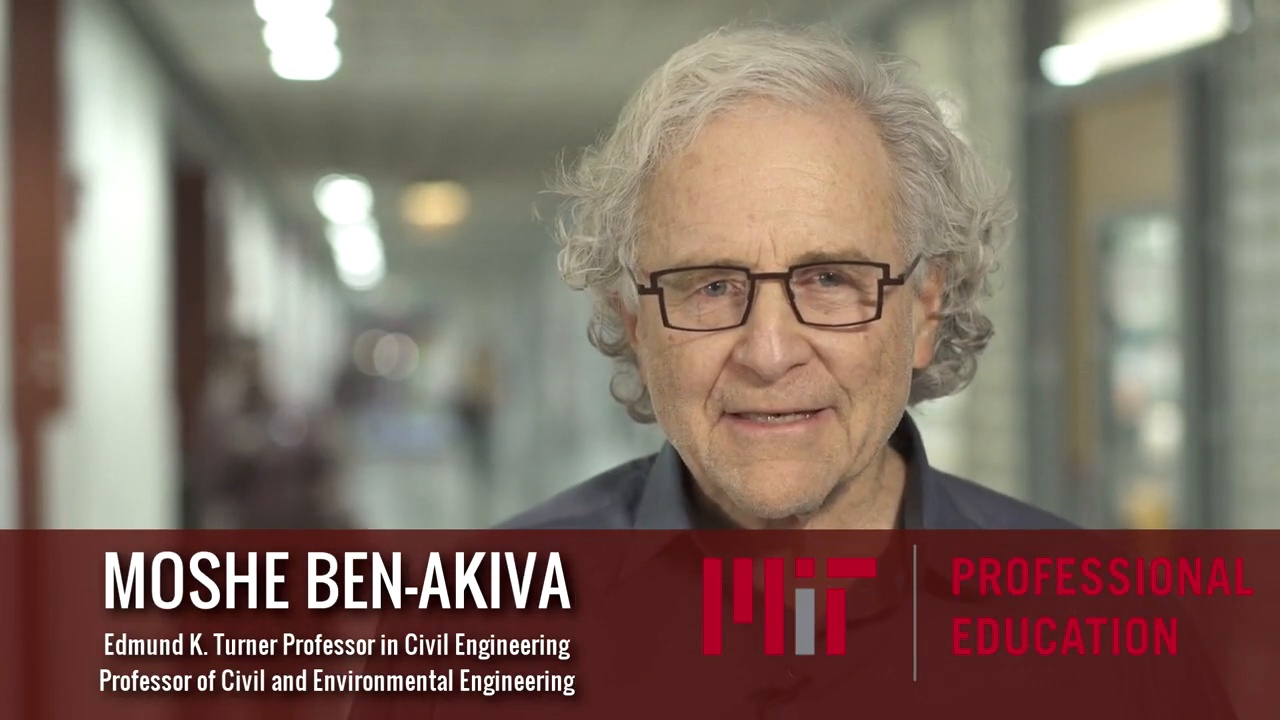Ready to design the transportation systems of the future? Acquire the cutting-edge strategies you need by exploring cutting-edge traffic simulation models, demand modeling methods, and related analytical techniques. Over the course of five days, you’ll delve into the latest research from MIT’s Intelligent Transportation Systems Lab and learn to translate real-time data into real-world results that mitigate traffic congestion and other transportation challenges.
The type of content you will learn in this course, whether it's a foundational understanding of the subject, the hottest trends and developments in the field, or suggested practical applications for industry.
- Fundamentals: Core concepts, understandings, and tools - 30%
- Latest Developments: Recent advances and future trends - 50%
- Industry Applications: Linking theory and real-world - 20%
How the course is taught, from traditional classroom lectures and riveting discussions to group projects to engaging and interactive simulations and exercises with your peers.
- Lecture: Delivery of material in a lecture format - 100%
What level of expertise and familiarity the material in this course assumes you have. The greater the amount of introductory material taught in the course, the less you will need to be familiar with when you attend.
- Introductory: Appropriate for a general audience - 25%
- Specialized: Assumes experience in practice area or field - 50%
- Advanced: In-depth explorations at the graduate level - 25%





